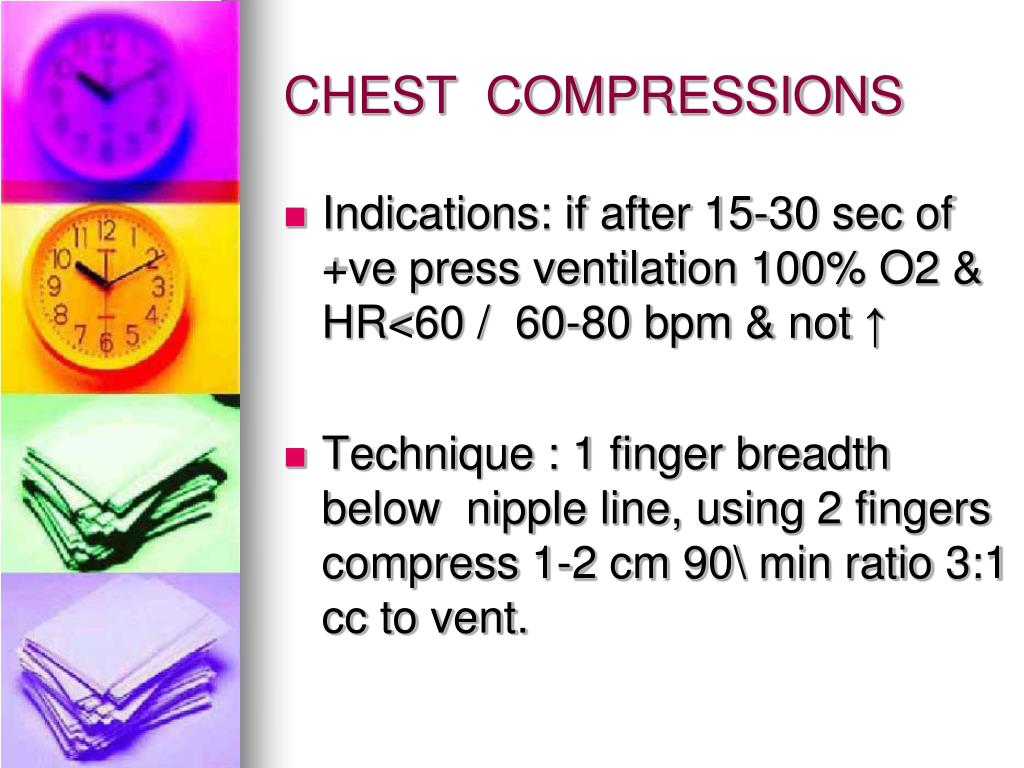

These include minimizing interruptions to chest compressions to achieve a high compression fraction, timely defibrillation, accurate and timely dosing of vasoactive drugs, and avoiding inappropriate ACLS treatments (eg, atropine for asystole). Several ACLS components as well as the recent 2015 American Heart Association (AHA) resuscitation guidelines are critical for high-quality cardiopulmonary resuscitation (CPR). Simulations with the mobile app also had a marginally higher chest compression fraction (mean 90.9% vs 89.0% absolute difference 1.9% P=.007).Ĭonclusions: This proof-of-concept study suggests that this novel mobile app may improve adherence to ACLS protocols, but its effectiveness on survival in real-world resuscitations remains unknown.Īdvanced Cardiovascular Life Support (ACLS) guidelines provide evidence-based algorithms to optimize the likelihood of survival in patients with in-hospital cardiac arrest (IHCA). Use of the mobile app was associated with a higher number of correct ACLS interventions (out of 7 mean 6.2 vs 5.1 absolute difference 1.1 P<.001) as well as fewer incorrect ACLS interventions (mean 0.3 vs 1.0 absolute difference –0.7 P<.001).

Results: Among 53 house officers, 26 house officers were randomized to lead the first simulation with the mobile app, and 27 house officers were randomized to do so without the app. Paired t tests compared performance with and without the mobile app. The secondary end point was incorrect interventions, defined as interventions not indicated by the 2015 ACLS guidelines. The coprimary end points were chest compression fraction and number of correct interventions in each simulation. All simulations included 4 cycles of cardiopulmonary resuscitation with different cardiac arrest rhythms and were video recorded. Methods: As part of a quality improvement initiative, internal medicine house officers were invited to participate and randomized to lead 2 consecutive cardiac arrest simulations, one with a novel mobile app and one without a novel mobile app. Objective: The aim of this study was to assess the impact of a commercially available, dynamic mobile app on house officers’ adherence to ACLS guidelines. Whether a mobile app that provides timely reminders of critical interventions improves adherence to Advanced Cardiovascular Life Support (ACLS) guidelines among house officers, who may lack experience in leading resuscitations, remains unknown.



 0 kommentar(er)
0 kommentar(er)
